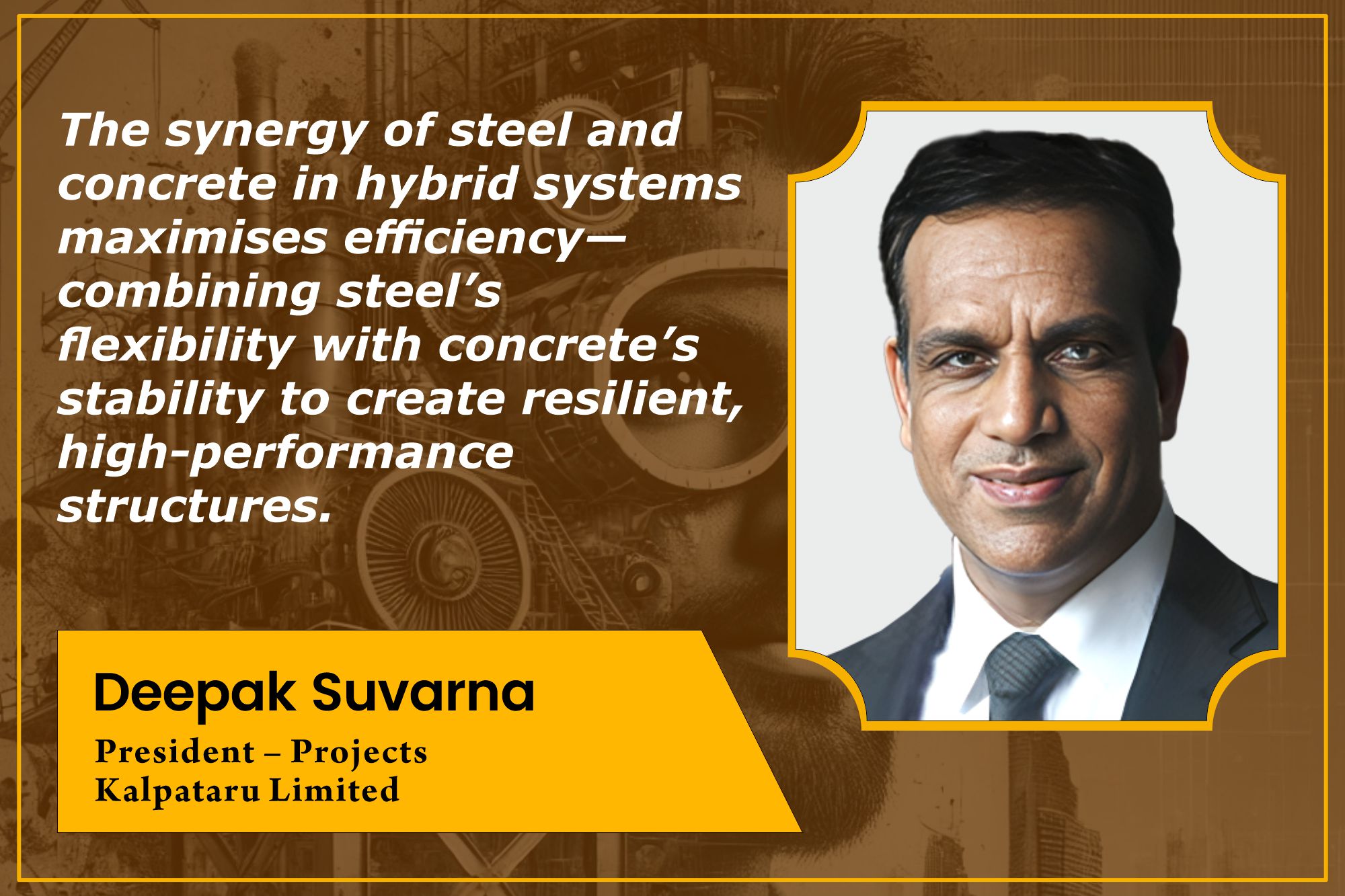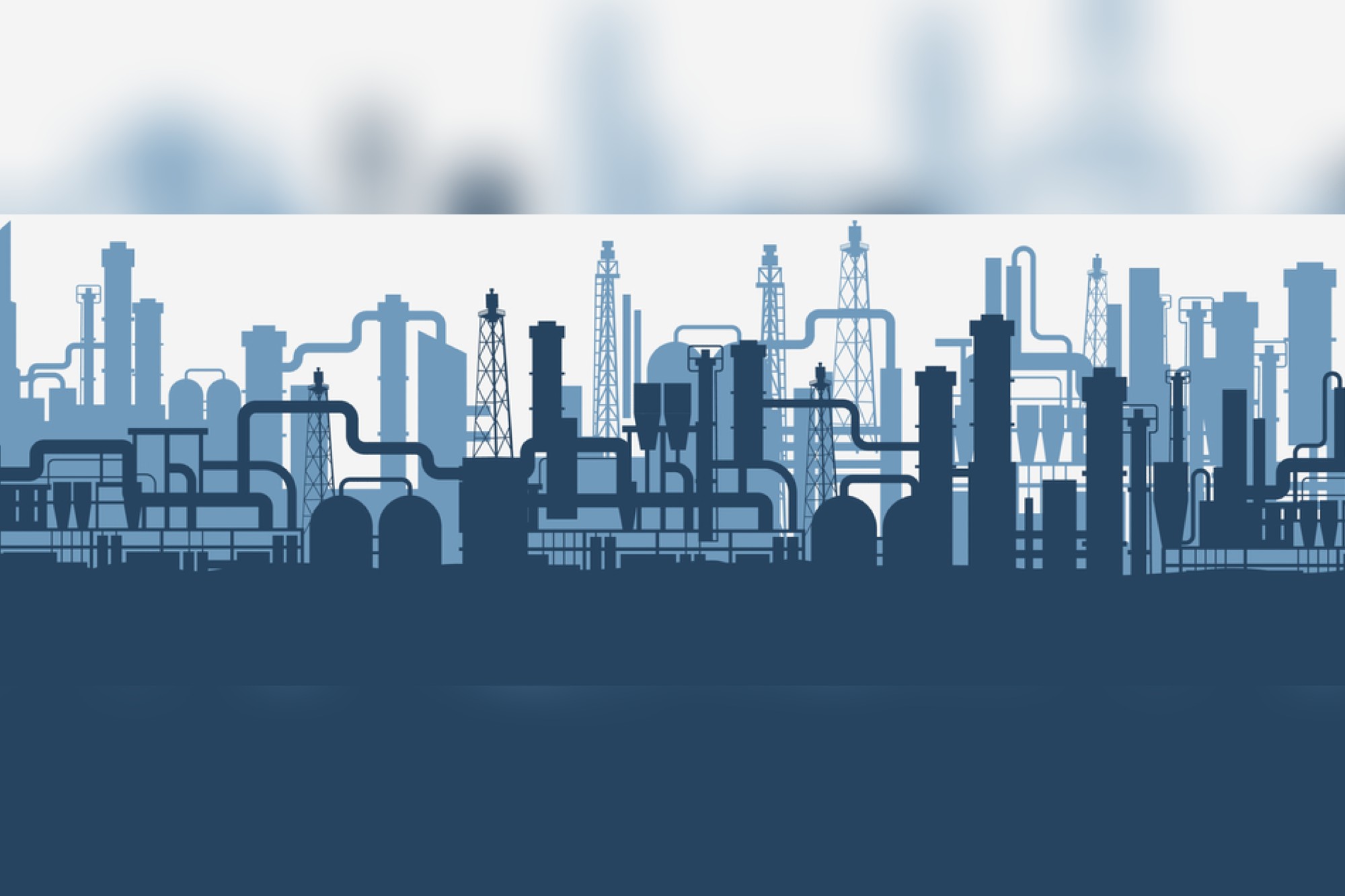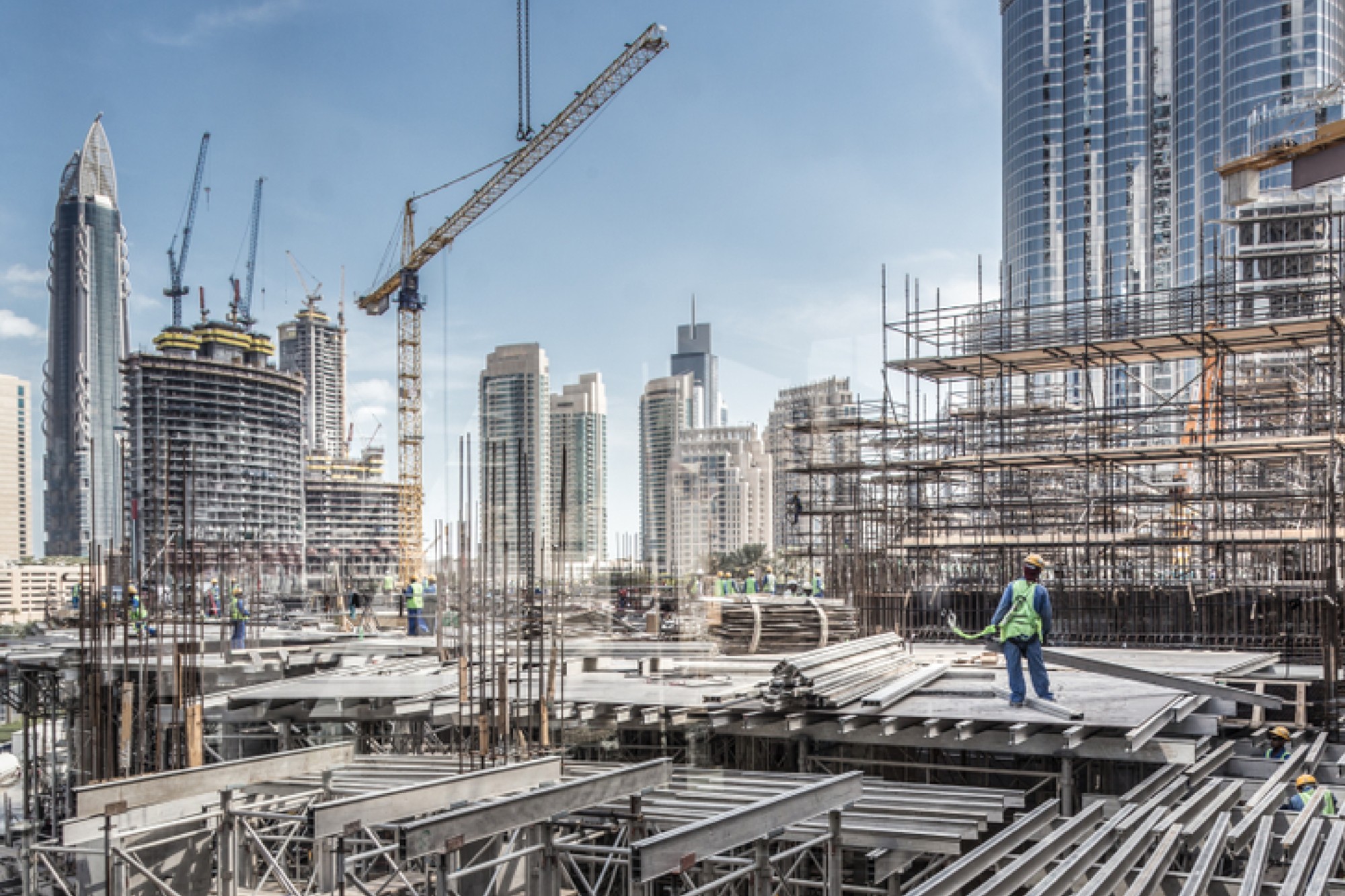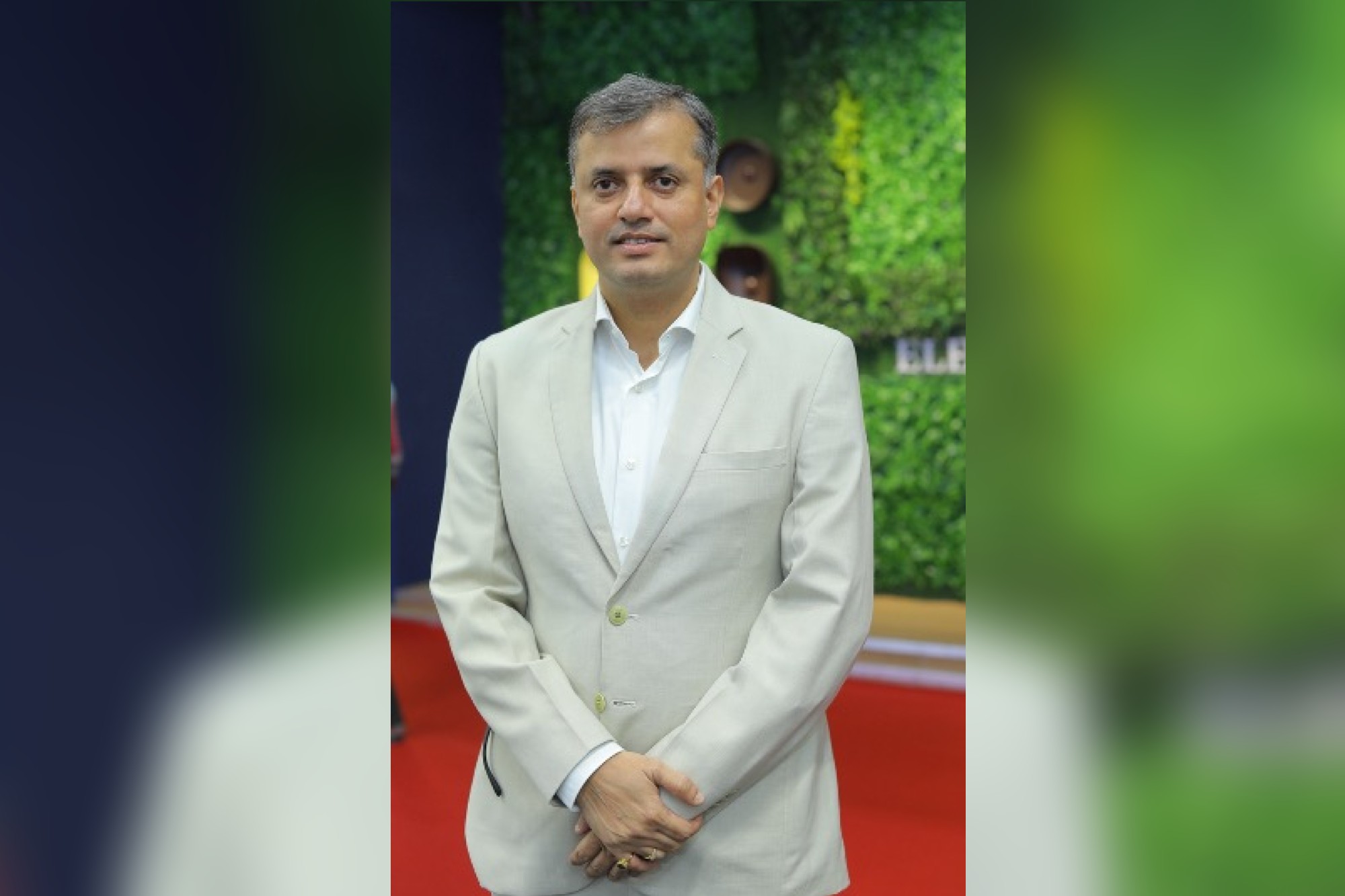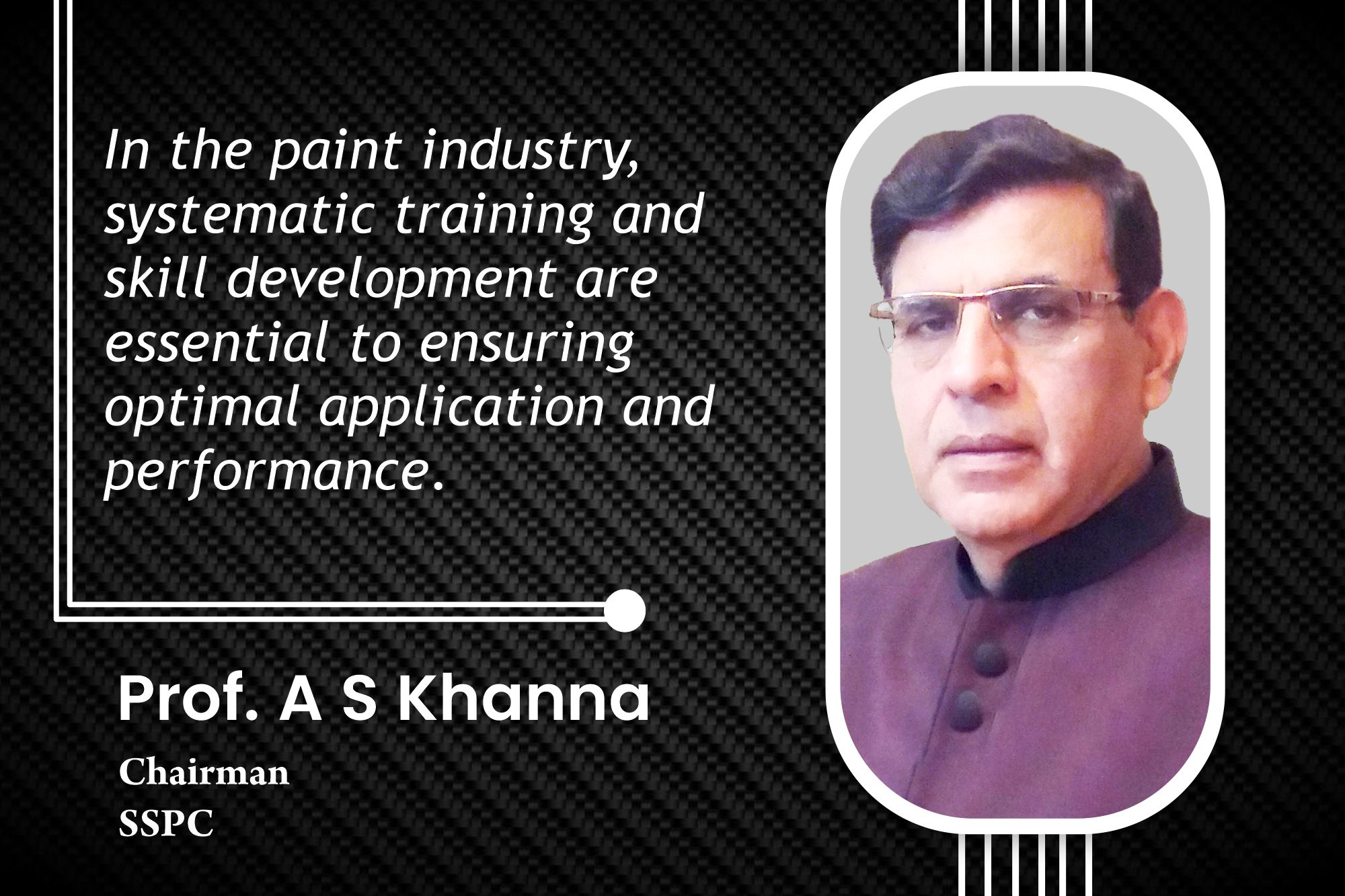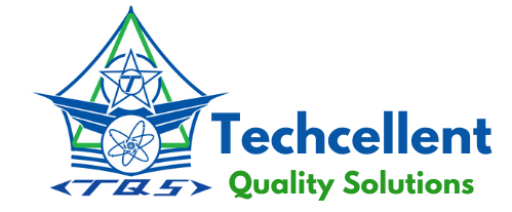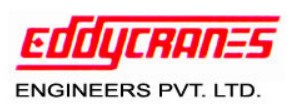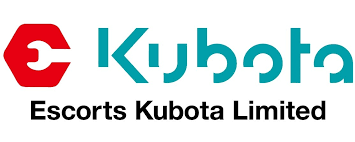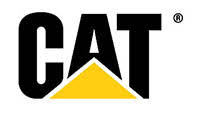Liquid membranes: advanced with guaranteed performance
By Edit Team | May 27, 2014 8:38 am SHARE
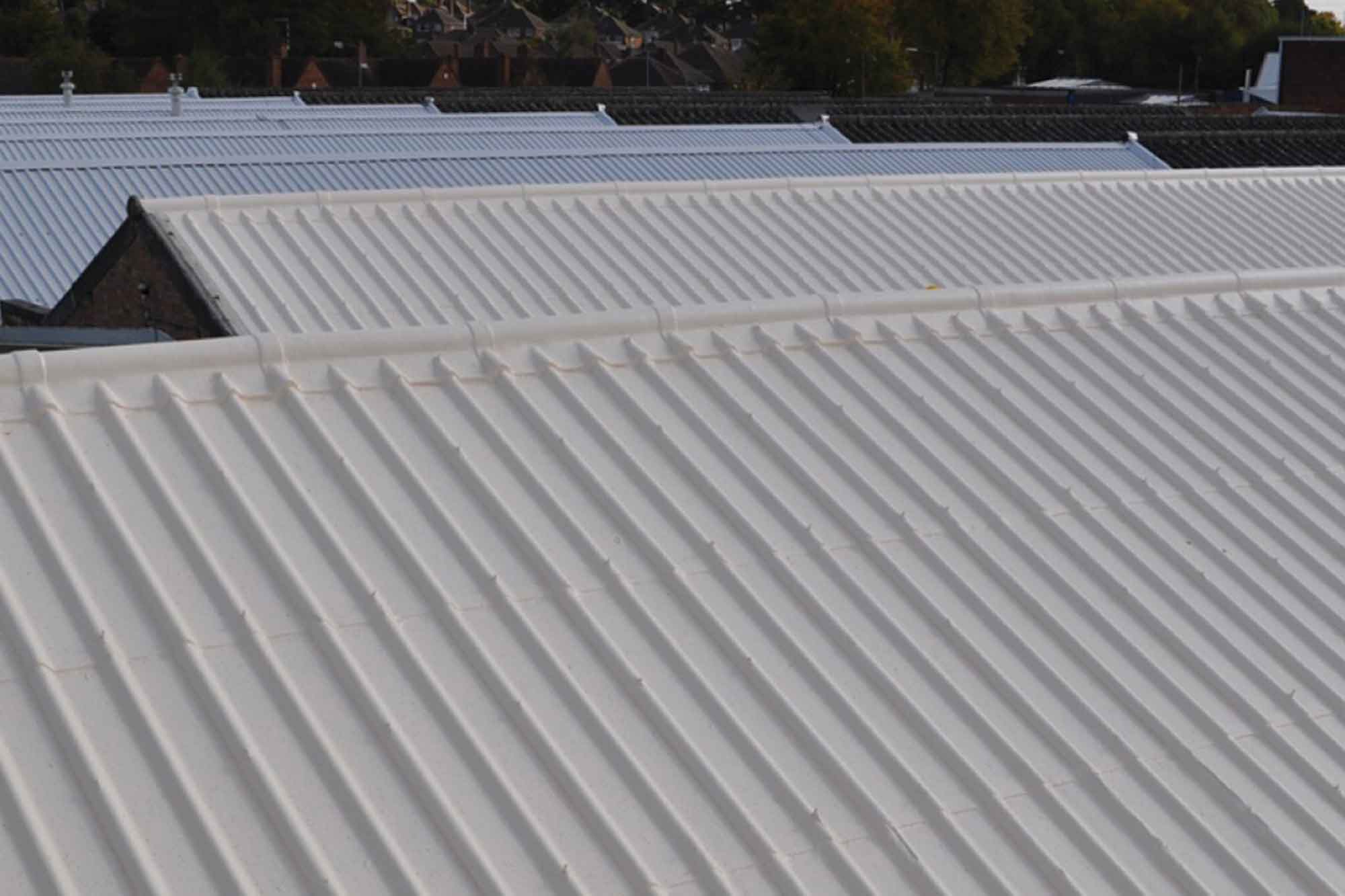
Waterproofing with liquid membranes is gaining popularity and has considerable benefits over traditionally used pre-formed membrane systems
The concept of liquid waterproofing has existed from the early 1800s, when natural bitumen was combined with jute, straw, rag felt and other man-made materials to provide a waterproofing solution. There are other different kinds of waterproofing system, which can be categorised as following:
• Pre-formed membranes like TarFelt, plastic felt, APP membrane, PVC etc
• Integral waterproofing compound like ShaliPlast LW, LW+
• Liquid applied membrane (LAM) like acrylics, polyurethanes, bituminous emulsion etc.
Waterproofing with pre-formed membrane has been used since ages and can’t be applied in difficult geometrical structures, requires technical applicators, and is not a fully bonded system. Even repairs are costly.
As the name suggests, LAM comes in liquid form. After application, it dries to form a seamless, smooth and continuous barrier to water. Technologically, it’s an advanced system, with guaranteed performance. LAMs are protective coatings and either of one or two components — usually acrylic, polyurethane, bituminous base, or a hybrid combination.
LAM systems can be used in all areas of roofing, planters, sunken areas, landscapes, pedestrian areas, car parks and structural waterproofing. LAMs are preferred products for corrugated roofing sheets, especially in projects where heating is not allowed like refineries.
Waterproofing with liquid membranes is gaining popularity and has considerable benefits over traditionally used pre-formed membrane systems. The benefits are:
• Ease of application
• User friendly
• It is a fully bonded system, thus ensures greater security against infiltration or damages to liquid membrane
• Monolithic system, i.e. without joints
• Can be installed easily on any contour surface
• Easily repairable
• Eco-friendly
• Exhibits good waterproofing and elasticity
It’s installed cold and does not require heating. It’s also very simple to apply by brush/roller. Semi-skilled professionals can do an excellent job. Moisture-cured polyurethane liquid membranes can be applied in moist roof like ShaliUrethane BTD. These products help enable projects be carried out with minimum disruptions throughout the year. Ease and speed of installations significantly reduces the cost of waterproofing and making it cost-effective.
LAM is a fully bonded system which means when the LAM is applied in liquid form, it bonds with the surface and then the curing takes place. The cured membrane almost becomes the integral part of the structure. The advantage it gives is that if the membrane gets damaged at one small point, it will not affect the rest of the structure, whereas in pre-formed membrane system water can travel through the damaged portion and can affect other parts of the structure.
System is monolithic and can be applied in one piece (unlike conventional membranes that are rolled out in sheets) to various roof shapes which means no risk of water entering between the seams and are easy to apply, especially when faced with various obstacles. LAM has high-crack bridging property; one can easily seal any cracks with products like ShaliUrethane LHM, ShaliUrethane FG and ShaliCryl LM. As LAM is applied in the liquid form, it can take any shape or contour.
LAM is repairable and quick patch job can be done easily. Compatible with most substrates, it is also easy to re-coat, old coatings or can even be laid on damaged membrane systems. These systems can be laid at little surface preparation costs. On the contrary, damaged pre-formed membranes require complete removal, cleaning of the substrate and then complete new installation.
In LAM range, there are water-based products some of which are green. These products are made with cleaner technology and non-toxic.
The exterior of the membranes can have various aesthetic finishes so that it can suit the ambience. Available in pleasant colours, ShaliCryl 215 is a unique elastomeric high-build coating, based on a revolutionary acrylic polymer with quick-set capabilities to resist premature moisture attack.
ShaliCryl 215 provides durability, flexibility and excellent weather resistance. Because of a unique UV cross-link curing mechanism, it becomes more durable with age. It is easy to apply, environmentally safe and non-polluting. ShaliCryl 215 has inherent waterproofing qualities.
LAM has excellent adhesion with the substrate. Being a fully bonded system, it acts as a barrier coat against water ingress. LAM has elongation range of 100 per cent to over 500 per cent which makes it very durable and helps it accommodate structural movements. ShaliUrethane LM and LHM have significantly higher elongation.
ShaliCem EWP of STP Ltd. can be reinforced with glass fibres and used for waterproofing roof, sunken, watertank, swimming pools, foundations, retaining walls etc.
Liquid-applied TarFelt LM material
This category is also versatile because it allows one to repair old TarFelt waterproofing solutions without dismantling the existing system. This can be used on asbestos roofing, metal sheets, concrete and wood.
This can be further coated with liquid-applied waterproof paint ShaliCryl215 single component UV-resistant elastomeric coating.
If protected, it does not crack on aging unlike many preformed membranes. Some of the LAMs are UV-resistant and can be exposed to the ambient weather conditions. It also prevents algae and fungal growth. The temperature gradient is quite wide for these products.
STP Ltd. is one of the pioneer companies for waterproofing. The company, established in 1935, has the largest range of new generation, traditional waterproofing products in India.
(The opinions expressed within this article are the personal opinions of the author)
Authored by –
Hasan Rizvi,
Vice President,
STP Ltd.
Cookie Consent
We use cookies to personalize your experience. By continuing to visit this website you agree to our Terms & Conditions, Privacy Policy and Cookie Policy.



